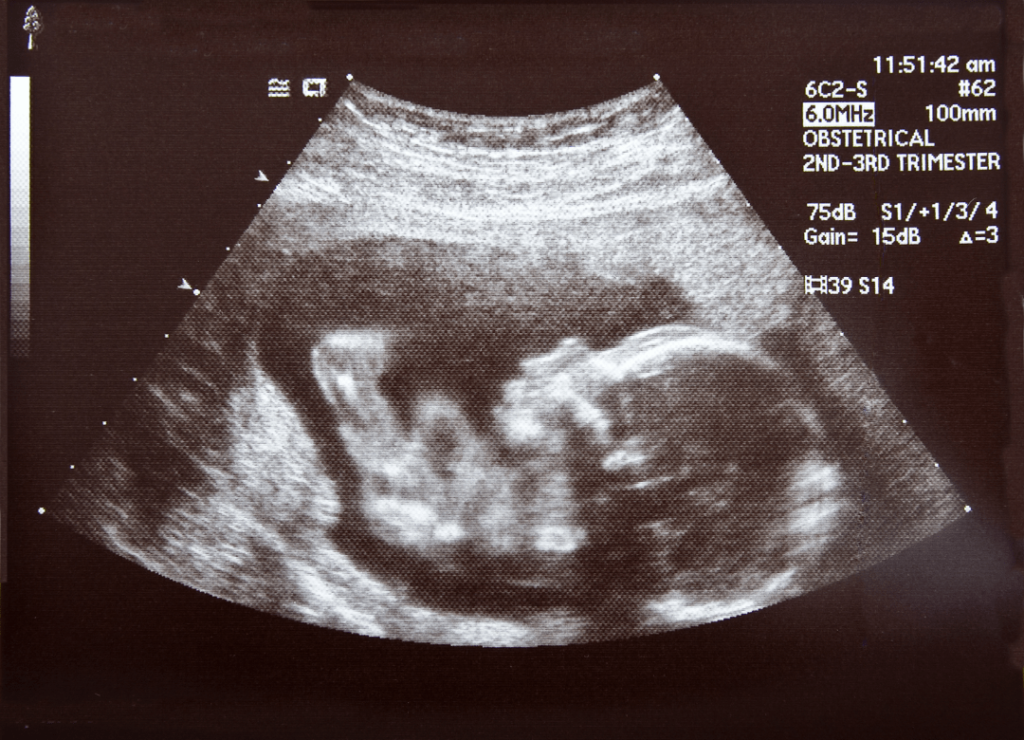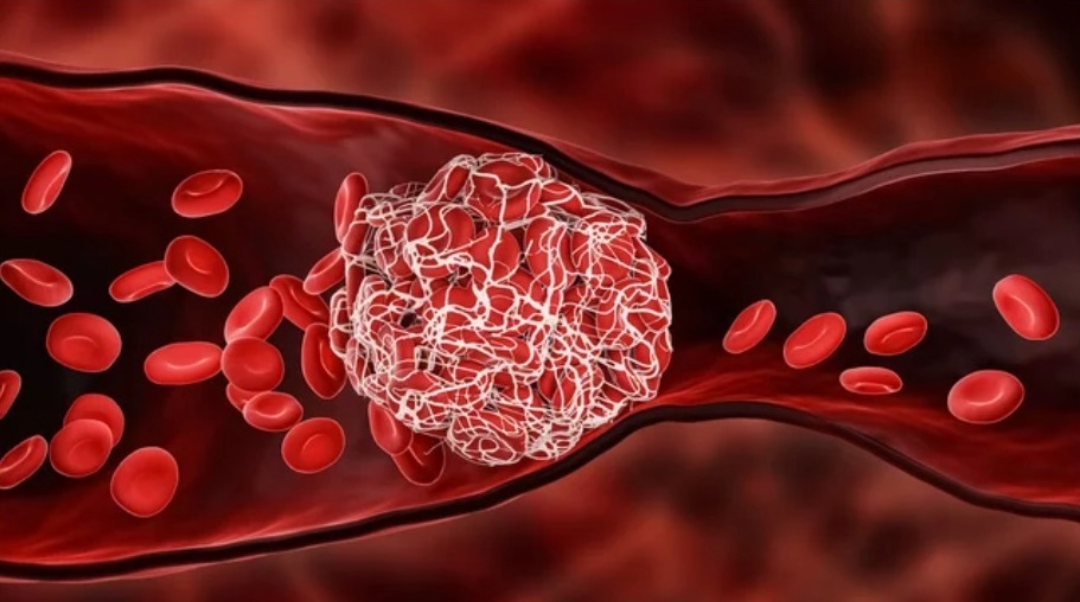How The Labour May Start
Patient Information Blogs How The Labour May Start … 29/04/2024 It is important to familiarise yourself with the situations that may arise at term when you may have to go to the hospital. By the 36th week of pregnancy, you should get the bags ready for the baby and yourself as the labour can start any time now. You can experience one of the following situations: You may experience some blood-stained discharge. If it's in the form of spotting you need not to worry and can stay home. This is called “show” and happens when the cervical mucus plug dislodges from the cervix in preparation for labour. The labour can start within hours to a few days. So this is a no-rush situation. If there is more bleeding than spotting, it's wise to attend to the hospital emergency as quickly as possible. Your waters may break. This happens when the membranes burst and let the amniotic fluid leak from the cervix. This is an urgent situation and you should report to the hospital within 2 to 3 hours of this happening. Keep an eye on the baby's movements if you plan to stay at home till the pains begin. But it’s recommended that you visit in an emergency soon after the membrane rupture and the rest of labour management should be planned by your consultant. The doctor on duty in the emergency room will inform your consultant obstetrician. You may start with uterine contractions (called Pains). They could start randomly and infrequently. But you will notice that with time they will start getting closer and stronger. If you are labouring your first baby, you should leave for the hospital once these pains are 3 to 4 min apart. But if you are delivering your second or subsequent child you must go to the hospital as soon as your pains start. How The Labour May Start … 29/04/2024 It is important to familiarise yourself with the situations that may arise at term when you may have to go to the hospital. By the 36th week of pregnancy, you should get the bags ready for the baby and yourself as the labour can start any time now. You can experience one of the following situations: You may experience some blood-stained discharge. If it's in the form of spotting you need not to worry and can stay home. This is called “show” and happens when the cervical mucus plug dislodges from the cervix in preparation for labour. The labour can start within hours to a few days. So this is a no-rush situation. If there is more bleeding than spotting, it's wise to attend to the hospital emergency as quickly as possible. It is important to familiarise yourself with the situations that may arise at term when you may have to go to the hospital. By the 36th week of pregnancy, you should get the bags ready for the baby and yourself as the labour can start any time now. You can experience one of the following situations: You may experience some blood-stained discharge. If it's in the form of spotting you need not to worry and can stay home. This is called “show” and happens when the cervical mucus plug dislodges from the cervix in preparation for labour. The labour can start within hours to a few days. So this is a no-rush situation. If there is more bleeding than spotting, it's wise to attend to the hospital emergency as quickly as possible. Your waters may break. This happens when the membranes burst and let the amniotic fluid leak from the cervix. This is an urgent situation and you should report to the hospital within 2 to 3 hours of this happening. Keep an eye on the baby's movements if you plan to stay at home till the pains begin. But it’s recommended that you visit in an emergency soon after the membrane rupture and the rest of labour management should be planned by your consultant. The doctor on duty in the emergency room will inform your consultant obstetrician. You may start with uterine contractions (called Pains). They could start randomly and infrequently. But you will notice that with time they will start getting closer and stronger. If you are labouring your first baby, you should leave for the hospital once these pains are 3 to 4 min apart. But if you are delivering your second or subsequent child you must go to the hospital as soon as your pains start. Your waters may break. This happens when the membranes burst and let the amniotic fluid leak from the cervix. This is an urgent situation and you should report to the hospital within 2 to 3 hours of this happening. Keep an eye on the baby's movements if you plan to stay at home till the pains begin. But it’s recommended that you visit in an emergency soon after the membrane rupture and the rest of labour management should be planned by your consultant. The doctor on duty in the emergency room will inform your consultant obstetrician. You may start with uterine contractions (called Pains). They could start randomly and infrequently. But you will notice that with time they will start getting closer and stronger. If you are labouring your first baby, you should leave for the hospital once these pains are 3 to 4 min apart. But if you are delivering your second or subsequent child you must go to the hospital as soon as your pains start. Recent Blogs edit post What is Medical Aesthetics 23/09/2024 Read More edit post Managing Your Pain 15/06/2024 Read More edit post PREMATURE MENOPAUSE: IT IS BEING DIAGNOSED TOO LATE 08/06/2024 Read More
How The Labour May Start Read More »













